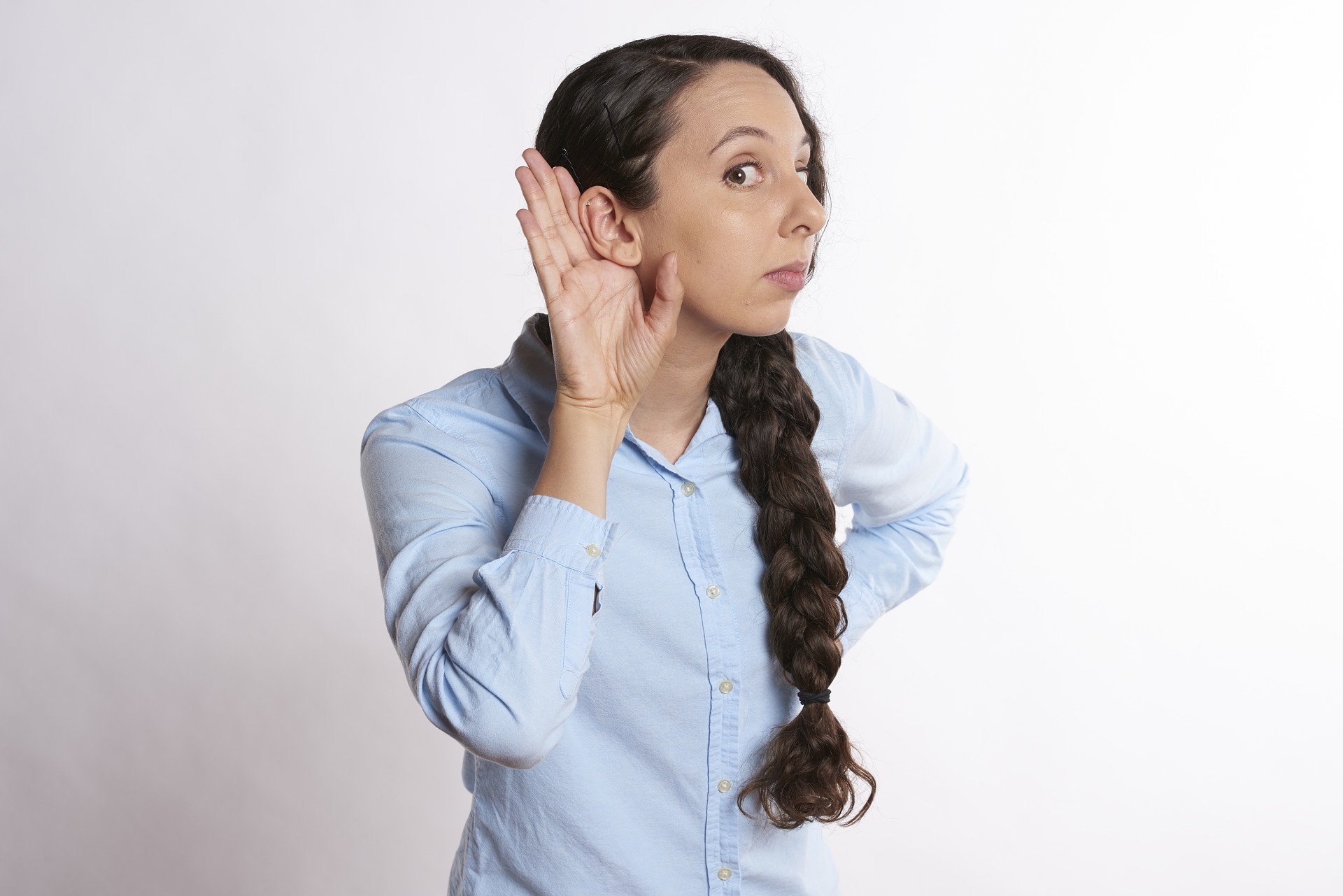In many cases hearing fades slowly and its departure goes unnoticed. People first blame others that they speak with a lot of mumbling or not loud enough. As long as some noise is coming in, people think their hearing is fine.
Typical Hearing Loss Symptoms
- Difficulty hearing other people clearly and misunderstanding what they say.
- Asking people to repeat themselves.
- Having to turn up the volume very high when listening to music or watching television.
- Withdrawal from conversations.
- Avoidance of social events.
- Trouble understanding phone conversations.
- Trouble following a conversation when two or more people are talking at the same time.
- Ringing, roaring, or hissing sounds in the ears.
Typical Hearing Loss Causes
Hearing Loss Causes include damage to the inner ear, a buildup of earwax, infections, and a ruptured eardrum.
Certain conditions, including age, illness, and genetics may contribute to it.
Advanced age is the most common cause of hearing loss. After the age of 75, two out of three people have problems hearing. Scientists cannot determine the exact reason why hearing decreases with age but some theories are that exposure to loud noises and other damaging factors has accumulated over the years and ears just wear down. Genetics is also an important factor.
Noise affects and decreases hearing if it is loud and continuous. Certain workplaces contribute to everyday exposure to loud noises.
An interesting statistic is that 44% of carpenters and 48% of plumbers report hearing problems.
Other noisy workplaces include military, mining, agriculture, and transportation. Ironically, musicians are also at risk for noise-induced hearing loss.
Some medications also affect hearing negatively. These include some antibiotics and chemotherapy drugs, aspirin, and several drugs for erectile dysfunction.
Certain illnesses such as heart disease, high blood pressure, and diabetes put ears at risk because they interfere with the ears’ blood supply. ‘Otosclerosis’, a bone disease of the middle ear, and ‘Ménière’s Disease’ affecting the inner ear can both affect the quality of hearing.
Trauma can cause hearing difficulties also, especially when it involves a skull fracture or punctured eardrum. Infections of the ear or a buildup of earwax are also causes of hearing loss. The reason is that they block ear canals.
- Chickenpox
- Cytomegalovirus
- Mumps
- Meningitis
- Sickle cell disease
- Syphilis
- Lyme disease
- Diabetes
- Hypothyroidism
- Arthritis
- Cancer
- Exposure to second-hand smoke
How Can I Prevent Hearing Loss?
Not all cases of hearing loss are preventable. However, there are several steps that you can take to protect your hearing:
- Use safety equipment if you work in areas with loud noises, and wear earplugs when you swim and go to concerts. The National Institute on Deafness and Other Communication Disorders reports that 15 percent of people ages 20 to 69 experienced hearing loss due to loud noise.
- Have regular hearing tests if you work around loud noises, swim often, or go to concerts on a regular basis.
- Avoid prolonged exposure to loud noises and music.
- Seek help for ear infections. They may cause permanent damage to the ear if they’re left untreated.
Additional Hearing Loss Prevention Advices
Prevention is the best medication for all illnesses. When exposed to loud noises people should try to wear earplugs.
“Lawnmowers, power sanders, vacuums, and most concerts are examples of loud noises that may hurt hearing.”
When it is not possible to wear earplugs it is recommended to walk away from the noise or to cover your ears with hands. If a person works in a very loud and noisy environment, the employer should be talked to and convinced to install some barrier walls or mufflers to protect the workers’ hearing. If workers’ hearing is damaged permanently employers should be aware of the fact they are hurting their most valuable natural assets. Recommendations for preventing hearing loss are to protect your ears in the workplace, have your hearing regularly tested, and to avoid recreational risk.
Contact Us
If you, or anyone you know, worked in noise and suffers from hearing loss, please do not hesitate to contact us.
Contact Us


